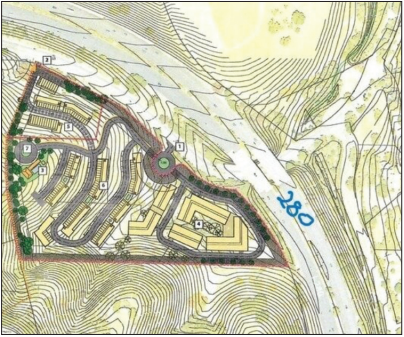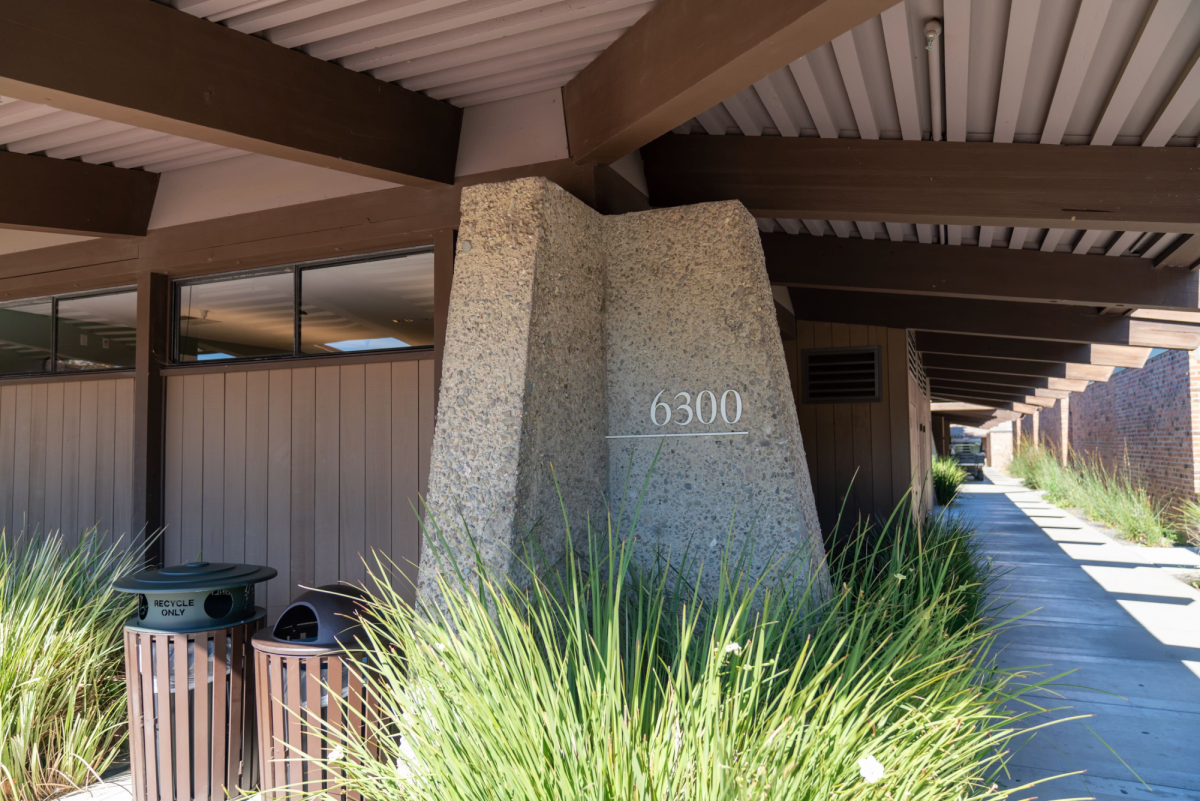Written by Kaya van der Horst
After four months of investigation, Cozen O’Connor, a law firm, released a report on Sept. 20 concluding that the Palo Alto Unified School District (PAUSD) did not comply with key aspects of Title IX and failed to follow state law in responding to a sexual assault case at Palo Alto High School (Paly) in 2016.
In May, the Palo Alto Board of Education hired the nationally acclaimed law firm to conduct an external review of the district’s response to a Title IX report that occurred during the 2016-17 academic school year. The two Cozen O’Connor lawyers, Gina Smith and Leslie Gomez, found that administrators, both at Paly and at the district level, repeatedly failed to properly respond to a report of sexual assault in Oct. 2016. As part of the investigation, Smith and Gomez interviewed involved administrators and PAUSD board members, including current Gunn Principal Kathleen Laurence, who was an assistant principal at Paly at the time. Other administrators involved in the mishandling were identified in the report as Paly Principal Kim Diorio and Paly Assistant Principals Vicki Kim and Jerry Berkson. The complainant, a female freshman, reported she had been sexually assaulted by the respondent, a male junior, in a campus bathroom last fall. In previous interviews with the Palo Alto Weekly, the mother said her daughter withdrew from Paly for the second semester due to distress stemming from the alleged sexual assault and subsequent rumors. Several months after the incident, a juvenile court found the same male student guilty of having sexually assaulted a Menlo-Atherton High School student off-campus. Uproar over the district’s mismanagement of student sexual violence ensued after the community found out about these incidents through media coverage this spring.
While the district responded in a timely manner and conducted a limited investigation at the beginning, it failed to conduct a uniform complaint procedure (UCP) and properly communicate with the complainant and the respondent about their respective rights. According to the report, the PAUSD board policy specifies that the UCP would have “[been] used to investigate and resolve complaints for enumerated forms of misconduct,” including any complaints alleging the occurrence of harassment, bullying or retaliation.
The report identifies former Superintendent Dr. Max McGee and former Title IX coordinator Holly Wade, who has since left the district, as instrumental figures in the mishandling of the case. “[McGee and Wade] failed to exercise sufficient oversight of the district’s compliance responsibilities under Title IX, state law and board policy,” the lawyers wrote.
Lack of Communication
As Title IX coordinator, Wade neither created a file nor conducted a Title IX investigation after the incident. Wade also failed to directly communicate with either the complainant or the respondent to provide procedural options or resources, including the availability of the UCP. Instead, the report found that Wade “deferred to the administrators on site to investigate and evaluate the appropriate institutional response.” Additionally, the incident “reflected systemic concerns about the application of Title IX and board policy” due to the “failure to follow written policies in practice,” according to the report.
Under the UCP, the District is required to maintain appropriate documentation to demonstrate compliance with the federal law and Board policy. In the case at Paly, no formal documentation was kept of various interviews and complaints. Based on previous training, a common practice was to communicate by telephone or text message to avoid creating documentation that could potentially be released to the public, according to the report. Instead of maintaining centralized documentation, administrators recorded information as timelines or in the personal notes section on their phones, which in some cases were not maintained as official school records. The notes were also not shared with Wade.
This lack of communication and insufficient centralized record keeping ultimately impacted Wade’s ability to effectively track and monitor patterns, climate and culture regarding the case
Failure to Recognize Patterns
The complainant reported being subject to harassment by other students and informed Laurence three weeks after the sexual assault case occurred. Although Laurence took timely action to address the concern and spoke with the students whose behavior was at issue, she “did not make a connection between the current concerns and the prior incident,” according to the report. In order to ensure a safe school environment under Title IX, the District should have evaluated whether the conduct could potentially constitute harassment, retaliation or the continuation of a hostile environment under Title IX.
Furthermore, upon learning about the complainant’s intentions to withdraw from PAUSD, the report found that the District took “insufficient action to investigate the concerns raised by the complainant, to initiate or offer the UCP, or to consider the potential impacts on the reported conduct on the complainant’s educational environment.” Although Wade did seek legal advice from an outside law firm—Dora Dome—as to the appropriateness of offering the complainant the UCP, the advice appeared to contradict Title IX, Education Code and UCP requirements, according to the report.
Improvements to the System
In efforts to improve communication and transparency within the reporting system, the district has implemented over a dozen changes as of last spring. The changes included improved staff training and the creation of an online training system for administrators to log all Title IX complaints and UCPs immediately. The system goes directly to the compliance officer in order to assure “timely response and follow-through,” according to McGee’s weekly superintendent message.
In comparison to previous years, in which teachers reviewed district policies through a Powerpoint format, McGee explained that in the new Title IX training sessions, administrators had to practice logging into the system, develop interview questions and identify applicable policy language. “It was much more of an active, engaged simulative learning where we had various simulations and a case study,” he said. “It was really an immersive experience.”
In terms of district-level personnel changes, the District created the new position of a full-time Title IX and civil rights compliance officer John DiPaolo, as the temporary officer while the District continues their search for a full-time staff member. The duties of the Title IX compliance officer formerly fell under the responsibilities of the assistant superintendent.
One significant change that students may notice in upcoming years are potential modifications to the Living Skills Curriculum: possible modifications may include mandating the course between ninth and tenth grade. “We think students need to know about sexual harassment, sexual misconduct and reporting well before senior year,” McGee said. “We should also extend the time devoted to learning about sexual misconduct by educating students about reporting, why you do report and what happens when you do report. Ideally, I would like to make it a more active part of Living Skills.”
Board Member and Gunn School Board Liaison Melissa Caswell, believes systematic checks and balances need to be put in place. “I think what’s missing is a system that catches a mistake before it goes through the system,” she said. “There needs to be a regular review of complaints, and we need to have a regular review of how complaints are handled so that we can identify problems and resolve them along the process.”
Despite the magnitude of recent events, Palo Alto’s lack of Title IX compliance is not unique in comparison to school districts nationwide. “I think in most K-12 districts throughout the country, there’s not a lot of expertise on how to meet the Title IX requirements,” DiPaolo said. “Things are often done very informally and don’t meet all the technical requirements that OCR has mandated for Title IX.”
On a positive note, DiPaolo believes the challenging process of transforming into a fully compliant school system will distinguish PAUSD from schools nationwide. “In a way, Palo Alto will be very different from a lot of school districts at the end of this process because it will have developed all this capacity that many other school districts are lacking.”




















